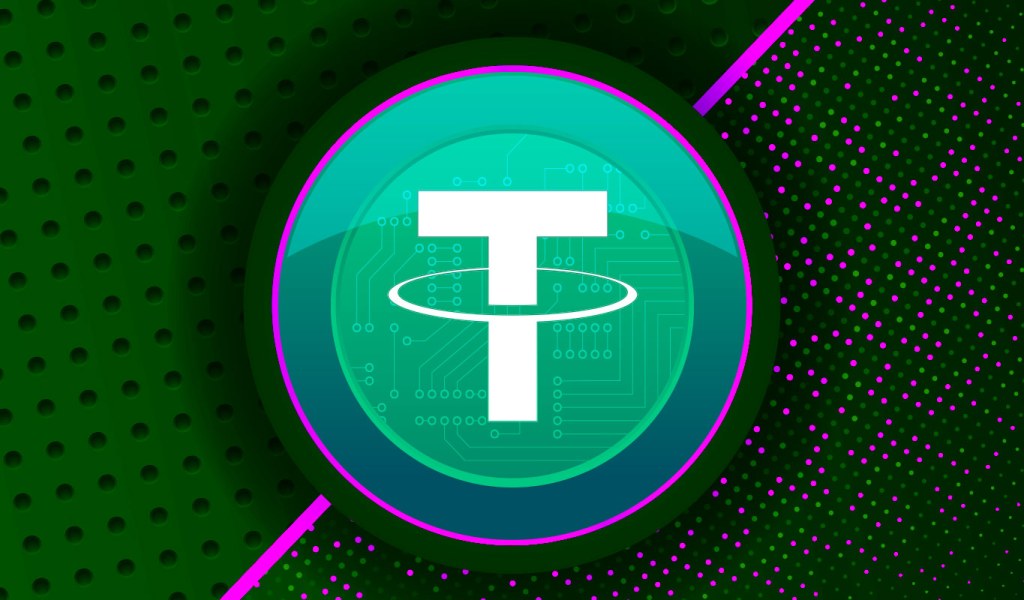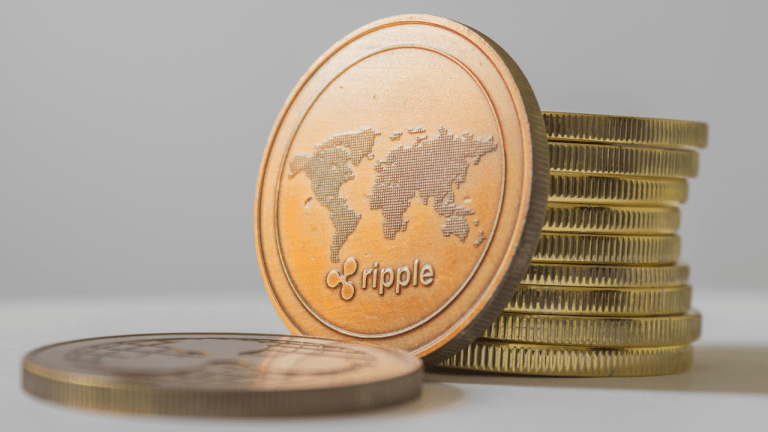
Privacy-focused Aleo blockchain gets new wallet as mainnet launch approaches

The wallet developer also raised $4.5 million from HackVC and other firms to further advance ZK-based enterprise solutions.
Demox Labs has debuted a new wallet for the privacy-oriented Aleo blockchain network, according to a June 1 announcement. Called “Leo,” the wallet allows users to generate zero-knowledge (ZK) proofs within their browsers, letting them interact with Aleo’s ZK-based apps. Aleo is in its testnet phase but expects to launch a mainnet later this year.
According to the announcement, Demox also raised $4.5 million from investors to further develop ZK-proof technology through Aleo and other networks. Over 40,000 users signed up for the Leo wallet waitlist in the period leading up to its debut.
Congratulations to Demox Labs, creators of @theLeoWallet for securing $4.5m in funding.
We are proud to have a top-notch team building the future of privacy on @AleoHQ https://t.co/4P5bNVx4Ea
— Aleo (@AleoHQ) June 2, 2023
The funding round was led by venture capital firm HackVC and included participation from DCVC, Amplify Partners, Coinbase Ventures, CRV, OpenSea and CSquared. The funds will be used to make Leo compatible with other ZK-proof blockchains and develop Web3 applications for enterprises.
Demox Labs co-founder and CEO Barron Caster saw the wallet’s launch and fundraise as the start of a new privacy-focused era in Web3:
“Leo Wallet is just one example of how [zero-knowledge proofs] will empower individuals to use modern technologies and maintain legal and regulatory compliance without sacrificing personal privacy […] Sharing sensitive data will soon become an option, not a requirement.”
In a conversation with Cointelegraph, Aleo CEO Alex Pruden echoed that sentiment. He said zero-knowledge privacy technology is unique because it allows for “programmable privacy.” He added: “Everything you can do on Ethereum, you can do in Aleo, but privately.”
Related: Are ZK-proofs the answer to Bitcoin’s Ordinal and BRC-20 problem?
Aleo raised $28 million in April 2021 and acquired another $200 million in February 2022. It launched its testnet in August of the same year.
Go to Source
Author: Tom Blackstone









